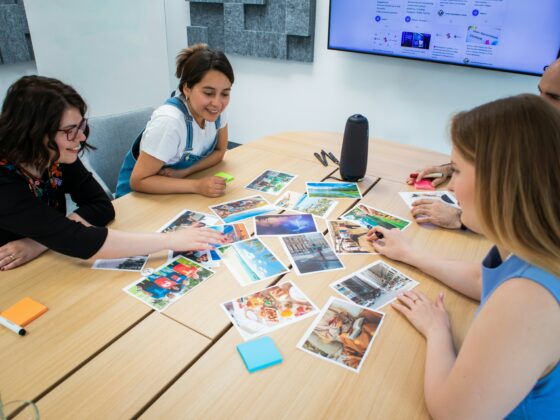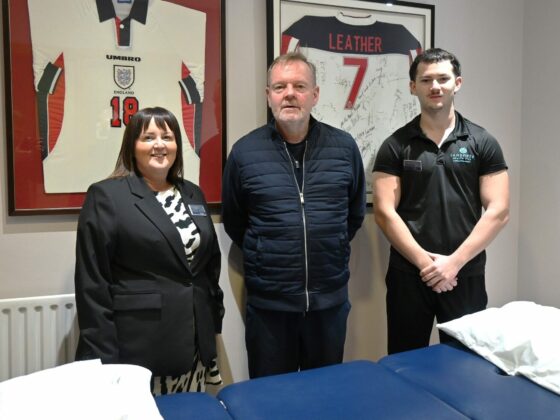We teach kids to stop, look, and listen.
Why not hotel teams?
Over the weekend, I stayed at one of Australia’s most celebrated luxury hotels. The setting was world-class. The branding was rich with history. The breakfast room? Stunning.
And yet the experience was… hollow.
Why? Because the none of the team ever looked up.
They folded napkins for lunch service. They chatted amongst themselves. They delivered plates with precision and vanished just as quickly, eyes forwards with tunnel vision.
When I tried to chat with them, the responses were transactional, not relational. No smiles. No spark.
It reminded me of the simplest of rules we teach children when crossing the road:
Stop. Look. Listen.
That’s exactly what was missing.
The irony? The restaurant sat in a building filled with remarkable stories, moments of heritage that could have added texture and connection. I only learned them later, on a separate tour. None of that narrative appeared in the breakfast service itself.
—
The Psychology:
Behavioral economics tells us people don’t judge experiences rationally. They judge them by peak moments and emotional imprints. Kahneman’s “peak-end rule” proves it:
We remember the highs and the endings, not the flat middles.
A smile at breakfast, a short anecdote about the building’s history, or a team member noticing your mood, all of these create memory equity. A perfectly folded napkin? It vanishes into noise.
—
The Numbers;
STR: Hotels in the top 20% for guest sentiment earn ADR premiums of 7–15%.
HBR: A 5% retention lift can grow profit by 25–45%.
Cornell: 95% of guest satisfaction is influenced more by staff interaction than by design.
Operational excellence matters. But emotional intelligence compounds.
—
The change in mindset:
Hospitality leaders, ask yourself: Where are your teams looking?
1. Train for emotional scanning – Teach your team to spot cues of fatigue, joy, stress, or grief. Respond with empathy, not just efficiency.
2. Story at the table – Arm your team with two or three “house stories”, a historical detail, a chef’s secret, a design note, that guests can carry away. Storytelling doesn’t just fill silence; it creates stickiness.
3. Surprise & Delight – empower and allow you’re team to go above and beyond. If a guest can’t decide between which 3 sides to choose, let them pick 4.
—
The Payoff:
Guests don’t leave telling friends about cutlery alignment. They tell them about the team member who noticed, who smiled, who remembered yesterdays coffee order, or shared a story that made breakfast more than just fuel.
That’s memory equity. That’s emotional ROI.
—
Closing Thought:
Hospitality isn’t about ultimate efficiency. It’s about creating signals that last.
Because when you stop, look, and listen, you don’t just serve a meal.
You create a small, and potentially, an everlasting moment.
#HospitalityStrategy #EmotionalROI #GuestExperience #HotelLeadership #LuxuryHospitality #BehavioralEconomics




